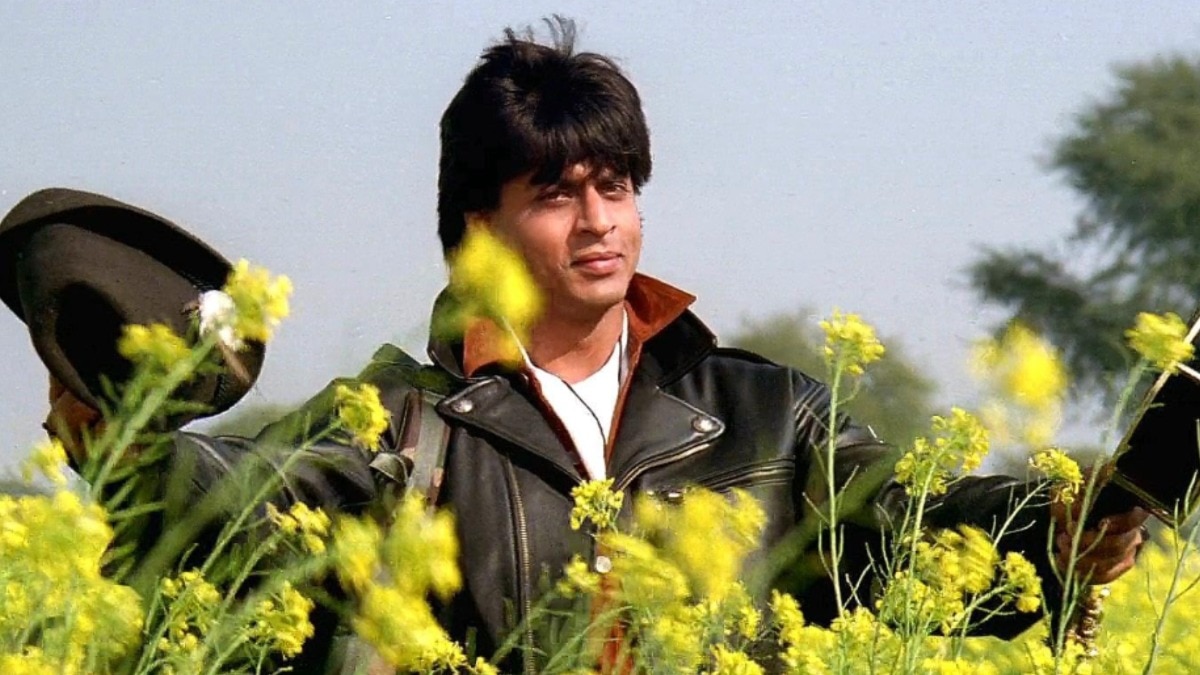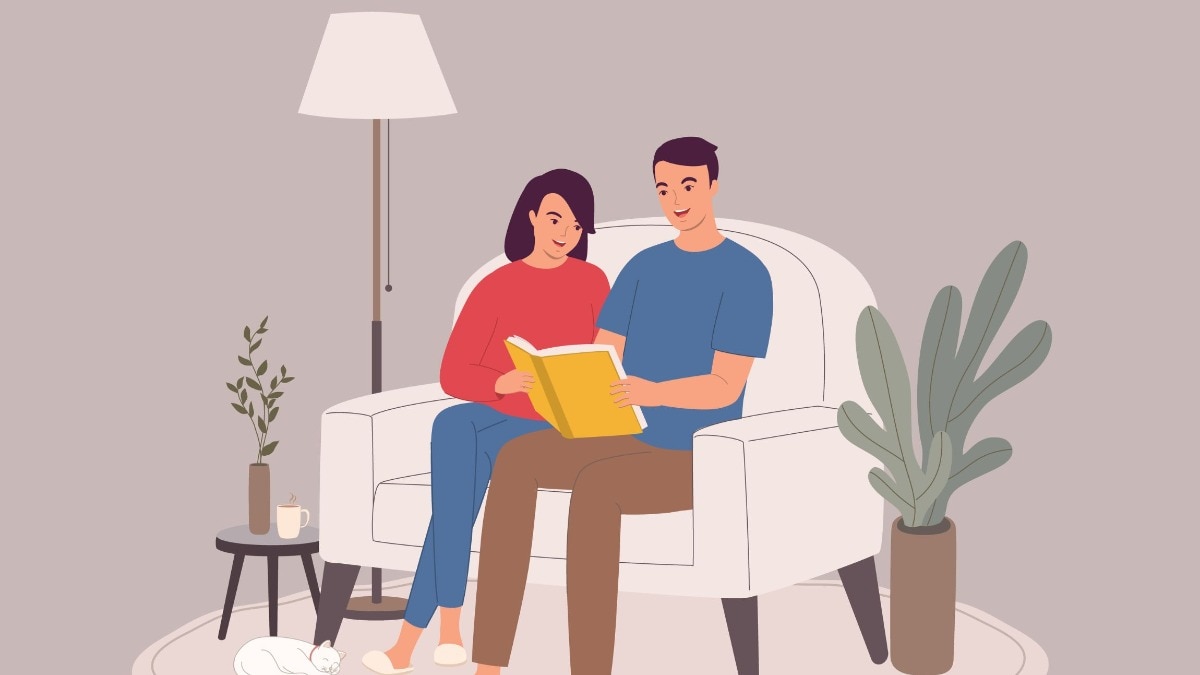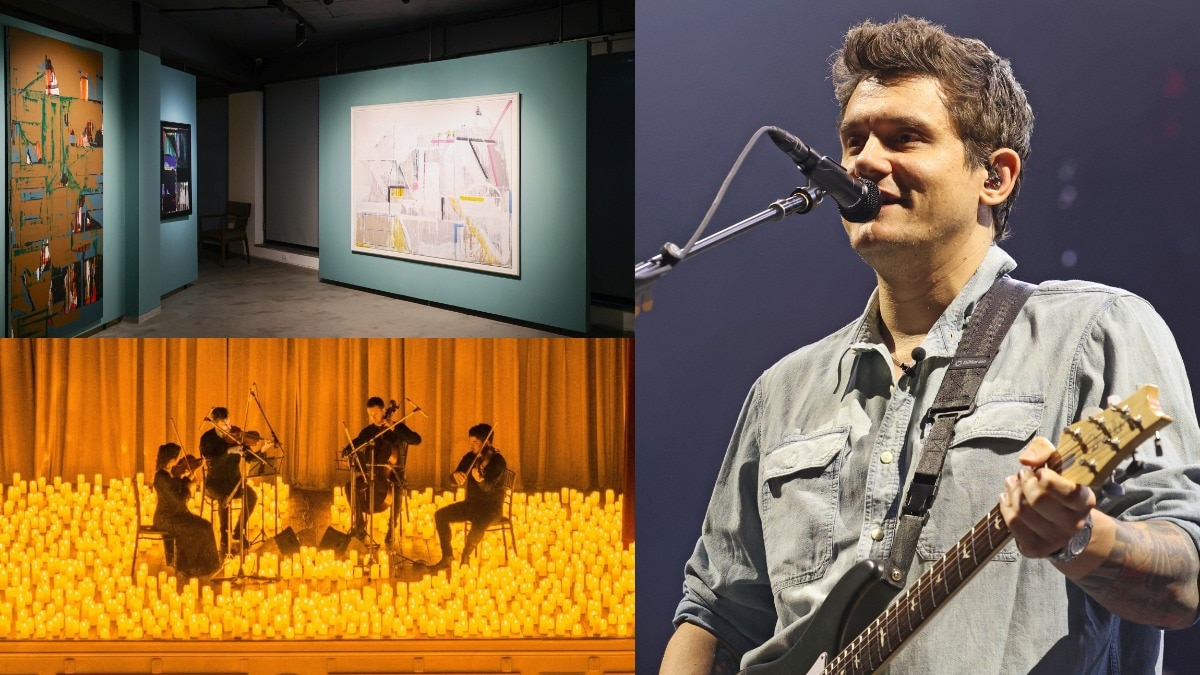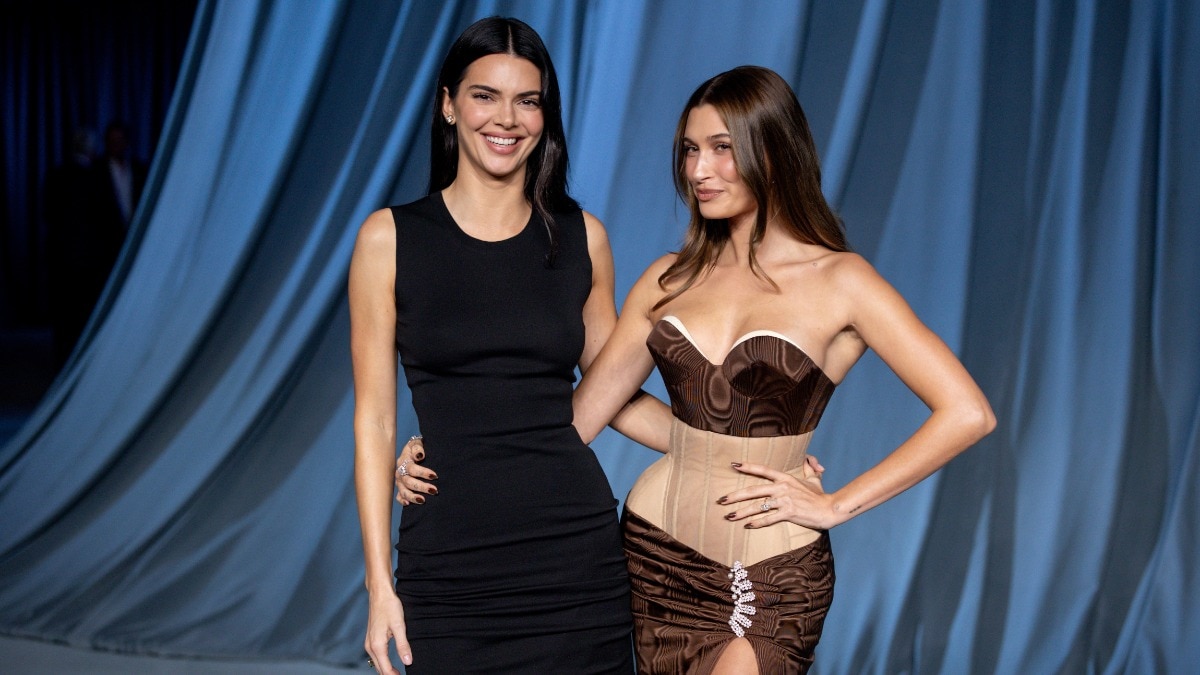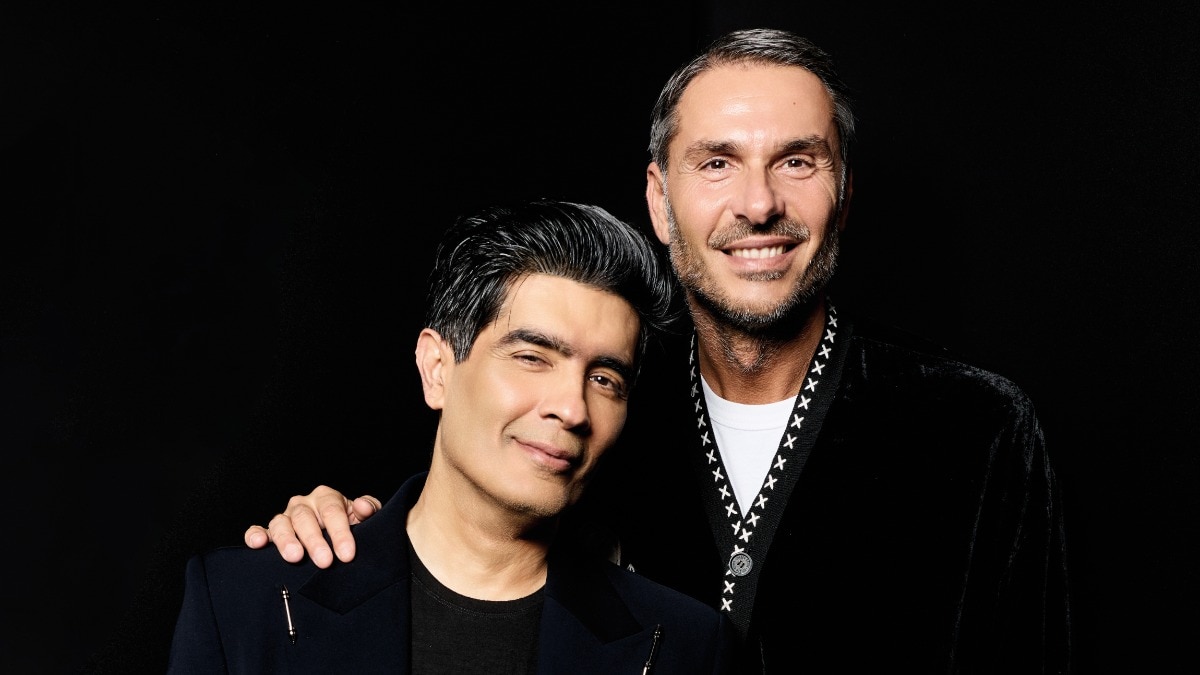Did India miss the soft life memo?
As the world embraces a slower, softer pace, India remains devoted to the art of the hustle.


A few years ago, the internet decided it was done being tired. Out went “rise and grind.” In came “soft life.” It began as a moodboard on Reels; women in satin robes, matcha in hand, refusing to attend a single unnecessary meeting. But underneath the beige linen and ceramic mugs, the soft life was less about luxury and more about liberation. It was a quiet rebellion against burnout, a movement that dared to say: maybe happiness isn’t hiding behind that next promotion after all.
Across the world, the message stuck. People swapped side hustles for side salads, traded commute rage for cold plunges. But India? We were too busy to notice.
The Country That Loves Its Chaos
To be fair, slowing down has never really been our thing. We’re a nation that prides itself on functioning through noise, both literal and metaphorical. If there’s no honking, no multitasking, no caffeine-fuelled drama, is it even a workday?
Our collective obsession with hustle runs deep. We celebrate exhaustion like it’s a national sport, and somewhere along the way, “busy” became a personality trait. Making productivity not just a value but a virtue.
Digital creator and entrepreneur Radhika Seth gets it. “India has always had a fast-paced culture, especially in cities like Mumbai and Delhi,” she says. “Slowing down almost feels like defeat to us. Our idea of success is tied to staying constantly busy.” But she’s rewriting the narrative, one slow morning at a time. “Soft life to me is about waking up in a space that calms your energy,” she says. “People often get drawn to the luxurious side of it because it looks good on Instagram. But really, it’s about being in tune with yourself.”
And perhaps that’s the real irony. We double-tap our way through other people’s peace while guzzling our third coffee of the day.
Work Hard, Rest Later (Maybe Never)
In India, we’ve been told that hard work fixes everything: your career, your family pride, your karmic debt. The result? A nation that measures worth by workload.
“Busyness still feels like proof of importance,” says Viraj Sheth, CEO and co-founder of Monk Entertainment. “People fear being seen as replaceable if they look relaxed. But the truth is, focus and output matter more than hours.”
It’s a cultural hangover from an era when survival meant sacrifice. But for Gen Z, ambition doesn’t have to come with a side of anxiety. “Younger professionals are ambitious but not desperate,” Sheth explains. “They want freedom and mental peace as much as money. It’s less about climbing a ladder and more about designing a life that fits their values.”
Translation: they’ll work hard but not while glued to their laptop at 11 p.m. on a Saturday.
India’s Own Version of the Soft Life
Of course, India’s take on the soft life comes with a distinctly desi twist. Think quiet luxury, but make it Varanasi silk. Think Bali, but it’s Alibaug. It’s wellness retreats in Coorg, minimalist homes with maximalist rent, and fine dining menus that describe ingredients like poetry.
We’re trying through weekend getaways, ceramic classes, and skincare routines longer than our lunch breaks. But even as we post about mindful mornings, we’re secretly proud of answering work emails mid-massage.
“I’ve been preaching slowing down for about two years now,” says Seth. “My audience has been really receptive. I think choosing joy isn’t about stepping away from ambition, it’s about redefining it.”
In other words, balance isn’t boring. It’s the new (beige) badge of honour.
The Great Indian Contradiction
The corporate world isn’t immune to the soft life shift, even if it’s still pretending to be. Conversations about burnout, flexibility, and four-day workweeks have quietly crept into boardrooms that once worshipped late nights and endless meetings. Some companies are even flirting with wellness budgets, though for now, they mostly cover ergonomic chairs and motivational posters.
What’s changing, slowly but surely, is the belief that calmness and competence can coexist. That success doesn’t always need to sound like Slack notifications, and that taking a breath before a brainstorm might just lead to better ideas.
Yet, we remain caught in a fascinating in-between: we talk about mental health but still romanticise burnout, plan solo retreats but feel guilty for switching off, and double-tap “slow mornings” reels at a not-so-slow speed. It’s a kind of national split personality; half meditating, half multitasking.
As Seth puts it, “Softness doesn’t have to be far away. It can exist right here within you.”
Maybe We Didn’t Miss the Memo After All
Perhaps India’s version of the soft life doesn’t need to look like Scandinavian minimalism or Bali sunsets. Maybe it’s about finding quiet in a city that never stops honking. Maybe it’s in the ten minutes between meetings when you actually breathe.
Because the soft life, as it turns out, isn’t about slowing down the world; it’s about not letting it speed you up.
And for a country that’s mastered the art of juggling everything, learning to do a little less might just be our next great achievement.
Lead image: Pexels
Also read : Could your career benefit from the ‘multi-retirement’ strategy?
Also read : The fashion that doesn’t seek attention



